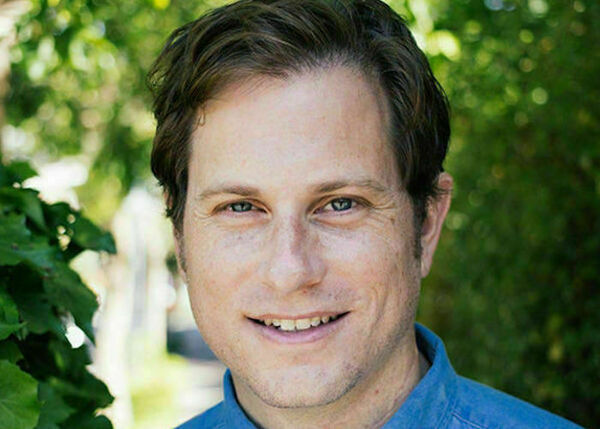
Jeremy Phillip Brown, the Jordan H. Kapson Assistant Professor of Jewish Studies in Notre Dame’s Department of Theology, won a prestigious fellowship to examine Kabbalah — a traditional form of Jewish wisdom from 13th-century Spain that concerns the attributes of God and their emulation through pious living.
The University of Wisconsin–Madison Institute for Research in the Humanities awarded Brown a 2023-24 Kingdon Fellowship, which supports scholars in the humanities researching Jewish and Christian religious traditions in any period.
“I hope the award will underscore the promise of rigorous academic research into the heart of medieval Judaism and, likewise, testify to the strength of Jewish studies at Notre Dame,” he said.
Since the 19th century, Brown said most scholars have clung to the explanation that Kabbalah (“tradition” or “transmission”) is “Jewish mysticism.”
While classical works of Kabbalah often contain elements that are analogous to what is called “mysticism” within Christian theology — including insights into the unity of existence, allusions to divine realities hidden from ordinary consciousness, and moving accounts of direct experiences with God — Brown said it is misleading to equate Kabbalah with mysticism.
Rather, a rabbinic type of pietism (ḥasidut in Hebrew) — the meticulous study of God’s gracious example in order to emulate it — is apt for classifying the most representative variety of kabbalah that developed in 13th-century Castile and coalesced within the authoritative Book of the Zohar, he said.
“We read in the Zohar that ‘Whomsoever is made in the image of the King shall not stray from the ways of the King.’ Knowledge of God’s living image potentiated a pietism, one that hinged upon an intensive program of prayer, repentance, almsgiving, Torah study, and other practices that exceed the ordinary call of religious duty,” Brown said.
“Humankind’s creation in the image of God is fundamental for my texts. But the human form does not reflect the likeness of divine reality in its stasis. Only when the outward form is animated by the commandments and the virtues is the formal correlation of humanity and divinity achieved; homo imago Dei is thus an exhortation to the dynamic responsibility of embodying God’s living image through our actions. Living in this way testifies to the truth of divinity within a world that is often indifferent.”
This moralistic vision of God, Brown said, reflects a set of values that challenges popular neoliberal sensibilities; “though my texts polemicize against mendicant Christianity, their valorization of poverty as a divine attribute presents a provocative point of comparison with the ‘evangelical poverty’ celebrated in contemporaneous Franciscan writings, and championed in our time by Pope Francis.
“Such values are core to the kabbalistic pietism I profile in my work,” he said. “When examined in its historical context, Kabbalah emerges as a profoundly moral knowledge about how to live a pious life as a Jew.”
Brown’s training in medieval Jewish intellectual and religious history complements the theology department’s strengths in medieval Christian scholasticism and advances the work of Jewish studies within the department and University.
The department boasts a talented cohort in Jewish studies, he said, including colleagues Tzvi Novick in rabbinics and liturgical poetry (piyyuṭ); Abraham Winitzer in the Hebrew Bible and its ancient Near Eastern contexts, and Daniel Machiela in the Dead Sea Scrolls.
And this fall, Isaac Slater, a scholar of Jewish theology and modern Eastern European intellectual culture, joined the cohort as the first scholar to receive Notre Dame’s inaugural Postdoctoral Fellowship in Jewish Theology and Culture.
Brown is also organizing the 2025 Rome Kabbalah Symposium, with funding from the Rome Global Gateway, the Center for Italian Studies, and the Medieval Institute. The event will renew and update an interreligious research collaboration dating back to the Renaissance, when Jews and Catholics studied Kabbalah together in Rome under less than irenic circumstances.
Brown is the second faculty member in the College of Arts & Letters to recently earn the Kingdon Fellowship. In 2022-23, associate professor of history Jaime M. Pensado was also recognized. His research examined the radicalization of Catholic students in Latin America in the 1960s.


